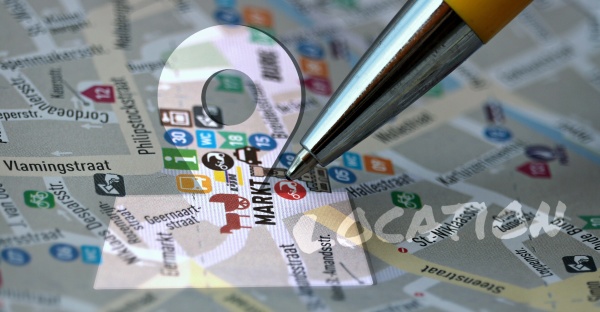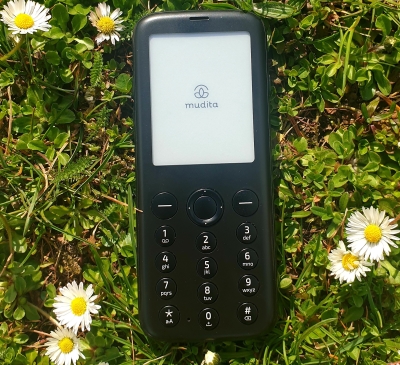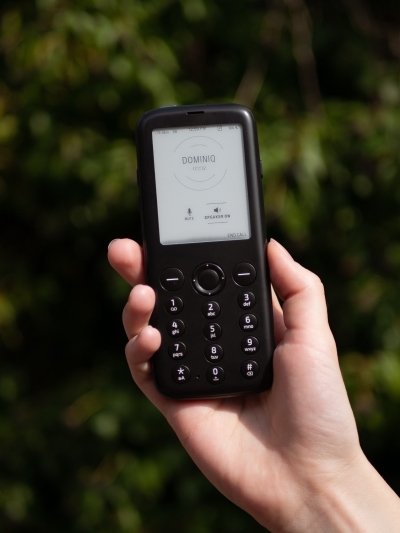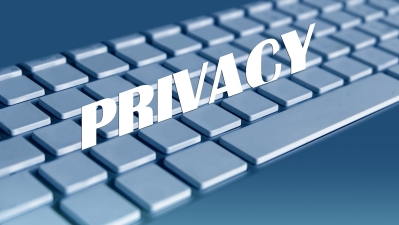
The Lure of Geolocation
The Growing Impact of Location Tracking on Privacy Protection
Geolocation Tracking:
Every click you make,
Every step you take,
Someone’s watching you.
Location. Location. Location. Convenience always comes at a cost. When location data tracking is as ubiquitous as a WiFi hotspot, we have to ask ourselves: do we always have to choose between privacy and innovation?
In the age of the smartphone and the internet, it’s no secret that digital devices collect all kinds of information about us, including where we go every day. The usage of GPS navigation while driving, biking or even walking, has become so commonplace, with GPS technology now reaching 100 percent penetration in smartphones[1], in addition to having a strong and growing presence in feature phones as well. Currently nearly eighty percent of phones incorporate some type of GPS/GNSS tracking technology. Due to the global advances in GPS technology, it has become increasingly difficult to keep information about our location private.
Anonymous Location Data?
There’s no such thing as “anonymous” location tracking. Although tech giants claim location data is aggregated and anonymized, meaning it cannot be used to identify a specific individual, geographic data can help create a surprisingly detailed and revealing portrait of someone and, with enough additional data, it can even identify an individual by name.
Just how does “anonymous” data actually identify specific individuals? By tracking your whereabouts and movement patterns, apps can easily determine not only where you live, but also where you work, as well as your income level.
By analyzing where you sleep at night, apps can determine where you live. Your income level can easily be established by where you work and where you live, in addition to analyzing the stores you frequent. Where you go on vacation and where you choose to stay also says a lot about you. Do you go to the gym every day? Perhaps you frequent a yoga studio? How about a therapist? Piecing all this location data together, combined with information already posted online by users themselves, gives tech companies more than the necessary information to figure out who we really are.
When we think about location tracking, most often we associate it with the GPS sensor inside the phone. We are led to believe that if we just turned off the phone’s ability to track our location, this will disable any app’s or service’s tracking capability. Well, not quite. According to researchers at Northeastern University in Boston [2], there is a way to track people with smartphones while the phone’s GPS capabilities are turned off. It’s called a side channel attack. It uses sensors located inside your phone not specifically designed to provide location. Sensors such as the accelerometer, which measures how fast the phone is moving, the gyroscope, which tracks the phone’s rotation and the magnetometer, which acts as a digital compass can be used to collect, analyze and manipulate that data in order to track the user’s location with frightening accuracy.
Examining location data gives marketing companies very detailed insights into consumer behavior. Most times, however, consumers are left in the dark about what and how their data is collected, stored, used and shared.
Who Benefits?
A 2018 New York Times investigation[3] revealed just how valuable our location data really is and who’s really benefiting from it. Although these devices do provide many valuable services to its users (no one likes being lost in a strange city), their increasing omnipresence, alarming accuracy and global accessibility has led to decreased privacy in areas formerly shielded from prying eyes. Basically, your data is being collected, stored and exploited for profit.
According to the NYT report, your phone and the apps installed on it have the ability to track your precise location up to 14,000 times per day. All this location information can reveal some of our most private and intimate details about our lives, allowing advertisers and other businesses to gain an extraordinary level of insight into who we are and what we do.
This kind of detailed data allows marketing companies the ability to not only predict consumer behavior, but shape and guide it as well. Many businesses are willing to shell out substantial sums of money for it. According to researcher BIA/Kelsey[4], by 2022, sales of geotargeted mobile ads are expected to top $38.7 billion in the US alone. That’s a very substantial increase from $17.1 billion which was spent on location-based ads in 2018.
It’s pretty clear that our location data has become a commodity, with companies willing to pay a sizable sum for a piece of the GPS pie.
Simply put: if you’re not paying for the service, YOU ARE the service[5].
Is there an Alternative?
If you’re tired of being tracked and knowingly or unknowingly sharing your entire digital footprint with marketing companies which think of you only as a commodity, switching away from the status quo is easier than it sounds.
First, consider switching to a privacy-friendly feature phone, such as the Mudita Pure or the new Mudita Kompakt. Mudita prides itself on its commitment to privacy as well as transparency and selling data has never been and never will be part of its business model.
In addition to the Mudita Pure, Mudita has recently introduced Mudita Kompakt, a mindful phone that takes privacy to the next level. With its custom MuditaOS K, Mudita Kompakt ensures that your location data and other personal information remain entirely under your control. This phone is designed for individuals who value both simplicity and privacy, offering essential features without invasive geolocation tracking or the bombardment of notifications. With Mudita Kompakt, your digital footprint stays with you, ensuring that no third-party companies can monetize your personal data.
But what about GPS? For all of those who are challenged by all things connected with direction and orientation, you’ll be happy to know that the humble paper map is making a comeback[6]. In 2018 alone, Ordnance Survey, the UK’s national mapping service, saw a 7% rise in sales of paper maps. In the U.S, sales growth has been even higher, with map and atlas purchases increasing by almost 15%. This trend seems to suggest that although many of us have access to digitized mapping solutions, some of us long for the traditional paper map. Unlike an electronic, on-screen map with robotic turn-by-turn directions, a paper map gives us the ability to see ourselves in our surroundings, to acknowledge the environment of the space we’re in. The mission of computerized GPS technology is to simply get you from point A to point B in the most efficient and expedient way, without the need to observe the world around you.
Traditional paper maps can be artistic and beautifully intricate, like functional works of art. They are perfect examples when design and function come together, just like in the Mudita Pure.
However, if paper maps are not an option for you, or you just can’t seem to part with your smartphone, there are a few privacy-friendly alternatives to Google maps. [7]. You could always re-discover the use of traditional mounted navigation systems, such as Garmin or TomTom, but please keep in mind, that they do collect and store some information.
However you choose to navigate your way, always remember, life’s not about the destination. It’s about the journey.
Get ready to experience Mudita Kompakt!
Check out the dedicated Mudita Kompakt page: https://mudita.com/kompakt/
Related stories

May 4th 2022 Shipping & Production Update
Here's the most recent shipping update & a software update roadmap.

Mudita Pure April production & development update
Here’s a summary of the progress we’ve made in the last month and our plans for the upcoming weeks.

Our Digital Lives: The Power of Privacy
Consumers are expecting privacy, and if companies fail to provide adequate safeguards, they will find someone who can.
If you'd like to receive the best stories from our blog, keep up to date with our progress and get notified about our product releases and special discounts.